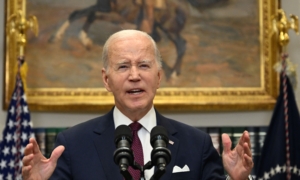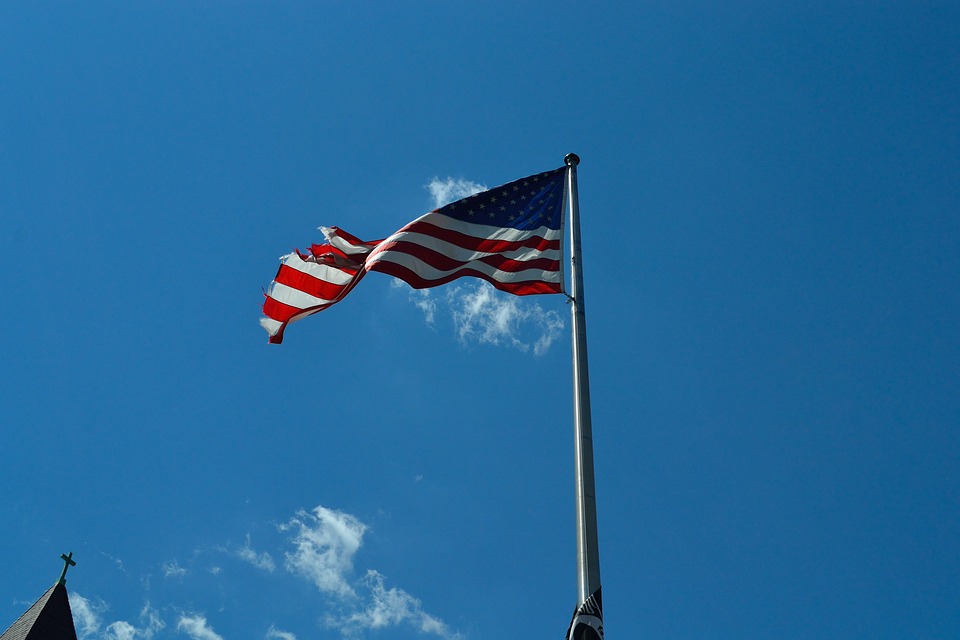
President Joe Biden on Thursday responded to the Supreme Court’s decision to effectively end affirmative action in college admissions, criticizing the court for breaking with decades of precedent.
“I strongly disagree with the court’s decision because affirmative action is so misunderstood,” Biden said at the White House before departing for New York.
“Many people wrongly believe that affirmative action allows unqualified students to be admitted ahead of qualified students. This is not how college admissions work,” he said.
Biden continued by saying that, in order to get into college, prospective students must first meet the school’s initial requirements such as test scores and GPA. The students are “then and only then” chosen for the class depending on a number of factors, one of which is their race, he noted.
When questioned after his speech whether the Supreme Court is “a rogue court,” Biden replied, “This is not a normal court.”
The Supreme Court ruled on Thursday that the use of racially discriminatory admissions criteria at U.S. colleges is unconstitutional, thus banning the use of so-called affirmative action in higher education, a longtime goal of conservatives.
Chief Justice John Roberts wrote (pdf) that for too long universities have “concluded, wrongly, that the touchstone of an individual’s identity is not challenges bested, skills built, or lessons learned but the color of their skin. Our constitutional history does not tolerate that choice.”
Biden, however, disagrees with the court, emphasizing that it is critical to make opportunities available to individuals who have been left behind.
“I believe our colleges are stronger when they’re racially diverse,” the president said. “We cannot let this decision be the last word.”
During his remarks, Biden advised the country’s colleges not to abandon their commitment to enrolling diverse student bodies that “reflect all of America.”
“We need a new path forward. A path consistent with the law that protects diversity and expands opportunity,” he said.
He urged universities to consider the unique challenges that each student has endured throughout life, including racial discrimination.
“Students from the top 1 percent of family incomes in America are 77 times more likely to get into an elite college,” he noted.
He also warned businesses against using the Supreme Court’s decision as an excuse to abandon diversity and equality efforts.
“We cannot let the decision be a permanent setback for the country,” Biden said.
Many schools have made diversity, equity, and inclusion (DEI) one of their top priorities in recent years, hence they may continue to search for loopholes and workarounds, according to Brian Fitzpatrick, the Milton R. Underwood chair in free enterprise at Vanderbilt University Law School.
“Although the Court did not overrule its precedent allowing universities to consider skin color in admissions, the decision today will make it very difficult for universities to continue doing so,” Fitzpatrick said in a statement.
“The Court recognized the Constitution guarantees equal treatment for all races, and exceptions to that rule should be rare and fleeting. I do not expect universities to take this decision lightly,” he noted.
“I expect universities to look for loopholes and workarounds. But at the end of its decision, the Court was clear that these workarounds will be illegal as well: ‘What cannot be done directly, cannot be done indirectly.’”
Matthew Vadum contributed to this report.


















































